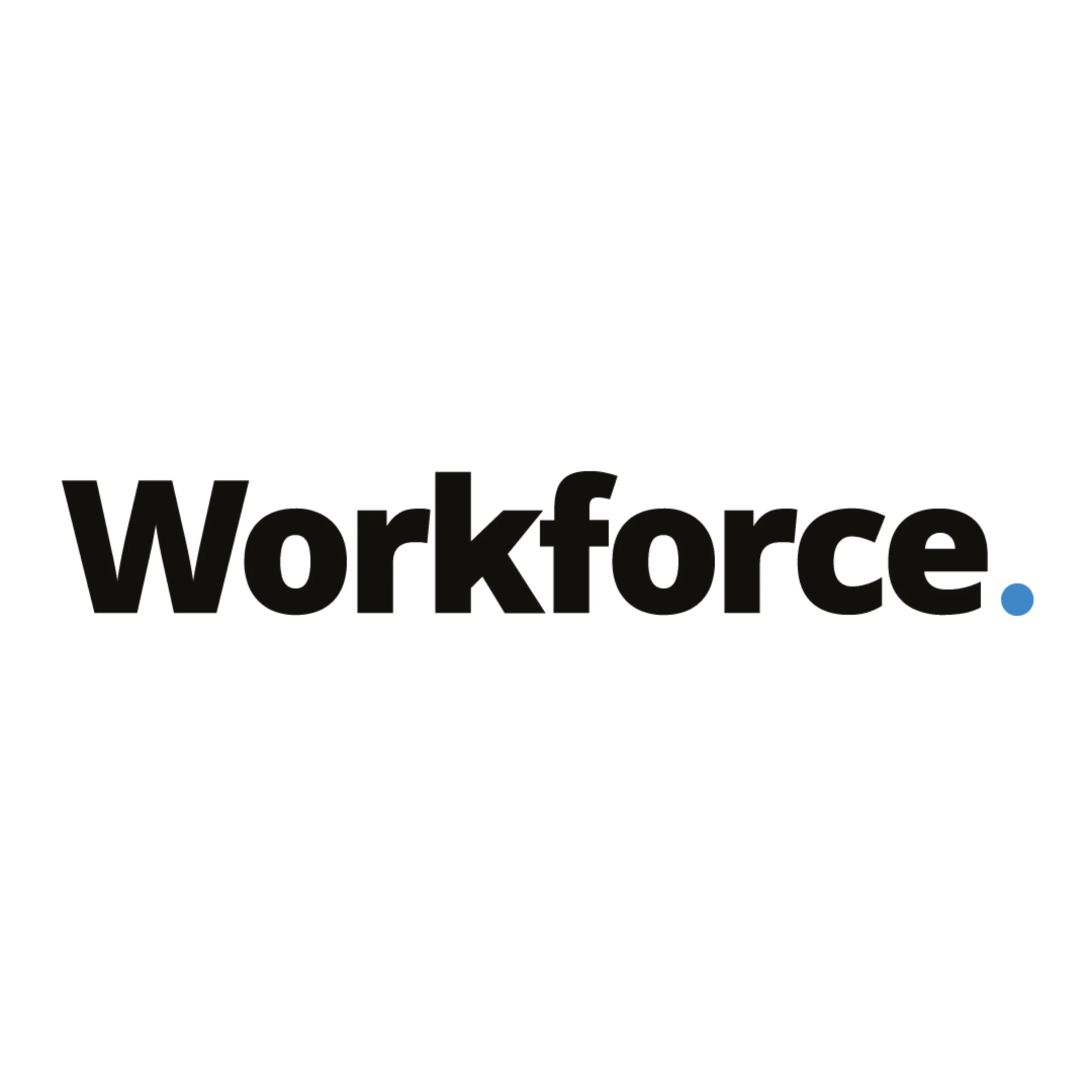Outsourcing HR functions has become a strategic solution for establishments looking to focus on their core competencies and long-term growth.
While human resource outsourcing plays a critical role in streamlining organisational operations and provides the opportunity to save time, cost, and other resources, it comes with its fair share of challenges.
Thus, you need to be aware of some drawbacks to relying on an external or third-party service provider to handle your HR responsibilities as opposed to an in-house HR department and how to address them.
Whether you are an HR professional looking to make informed decisions or a business owner contemplating outsourcing your HR functions, this article will help you determine what’s best for your organisation’s goals and values.
Key Risks Associated with HR Outsourcing

Limited Control Over HR Processes
This is perhaps the most significant concern for business owners when outsourcing HR functions. The HR department is critical to ensuring employees feel valued in your organisation. Entrusting these responsibilities to an external provider may result in a disconnect from the employer.
Outsourcing HR functions may also result in less direct control over essential day-to-day operations such as recruitment, payroll processing, employee performance management, and compliance-related matters.
In the long term, this perceived lack of control can lead to misalignment with your organisational culture and objectives.
Confidentiality and Security Risks
Sharing sensitive employee information, including compensation, medical records, and personal details, with an outsourcing partner can raise valid concerns about data security and confidentiality. This can leave you vulnerable to data breaches, misuse, cyber threats, and crashes.
At a time when data privacy regulations such as the General Data Protection Regulation (GDPR) and Nigeria Data Protection Regulation (NDPR) are becoming stricter, non-compliance may result in loss of trust and stiff fines.
Cultural and Communication Risks
HR management processes are closely related to the organisation’s culture. Maintaining a consistent culture and values across your organisation can become challenging when outsourcing HR functions, especially where there are differences in the company culture of the outsourcing provider.
In some cases, the third-party provider may be in a different geographical area, which might lead to tendencies for cultural misalignment. In addition, differences in communication style, work ethic and language barriers – during offshoring outsourcing partnerships – can hinder effective communication and understanding between parties.
Hidden Cost

While outsourcing HR processes is a cost-saving strategy, hidden or unforeseen costs can emerge during the duration of the partnership.
There’s a tendency to underestimate the costs involved in transitioning your HR functions to the external provider or contract expenses that were not initially apparent, including training costs for internal employees or ongoing management fees, which could negate the cost-effectiveness of outsourcing.
Your organisation could face legal and compliance challenges if the third-party provider fails to adhere to regulations, potentially leading to costly repercussions.
In addition, if the outsourcing agreement doesn’t meet expectations, you might incur additional costs to rectify the situation or switch providers.
Service Quality Risks
Not all outsourcing providers offer top-draw solutions, so there could be risks of subpar services or service interruptions. Some providers may lack the resources or capacity to meet your specific needs, especially as your business expands.
When this is the case, it may lead to payroll delays, compliance reporting errors, or ineffective recruitment and hiring strategies, all of which can directly impact your organisation’s bottom line.
Organisations that rely heavily on outsourcing partners might also face long-term consequences, such as decreased productivity and high employee turnover.
It is also noteworthy that reversing the decision to outsource HR functions or change providers can be complex and costly when the relationship turns sour.
How to Mitigate HR Outsourcing Risks

Successful HR outsourcing endeavours involve a strategic approach. By implementing the right strategies to manage these risks, you can ensure that your human resource processes are seamlessly and effectively outsourced, making you feel prepared and proactive.
Here are a few easy ways to mitigate the risks outlined above.
Set Clear Expectations and Maintain Oversight
While outsourcing HR functions may reduce the workload on your in-house team, it is essential to maintain oversight over the outsourced operations. This responsibility ensures that the outsourced operations align with your company’s goals and values.
One way to do this is to have regular meetings, performance reviews, and transparent reporting systems. It is also crucial to designate an in-house team member to liaise with the outsourcing provider, ensuring a smooth flow of information.
In addition, create a Service Level Agreement (SLA) that clearly outlines your expectations regarding communication channels, service quality and timelines.
Prioritise Data Security
Before your outsourcing decision, conduct due diligence on potential providers to ensure they have robust data security measures in place.
Specifically, look for vendors with relevant data protection regulations, such as GDPR and NDPR, and certifications that demonstrate their commitment to information security.
During your outsourcing arrangement, regularly audit security protocols and conduct in-house training on data privacy.
Request Transparent Cost Structures
To avoid hidden costs, ensure your selected outsourcing provider offers a transparent cost structure upfront. The contract should clearly outline all costs involved, including setup costs, training, and potential add-on services. Regularly review financial reports to help your organisation stay on budget.
Conducting a cost-benefit analysis before outsourcing can also help identify hidden expenses and allow you to plan for them. Having contingency plans for unforeseen costs will ensure your business can manage outsourcing expenses effectively.
Select the Right Outsourcing Partner

Choosing an outsourcing provider can make or mar the success of your HR outsourcing venture. In doing so, consider factors such as reputation, industry experience, technology capabilities, and, importantly, cultural alignment.
Before entering a contract, conduct a thorough evaluation to ensure your outsourcing provider can scale with your business needs. Consider a pilot project to assess the service quality. Maintaining flexibility in the contract is also critical to address performance issues quickly.
Conclusion
Outsourcing HR Functions can offer significant benefits for your organisation. However, you must carefully weigh the challenges it can pose to the efficiency of your operations and your drive for sustained industry competitiveness.
Addressing these risks proactively can help you maximise the benefits and support your business objectives.
We’re committed to helping you find the best customisable HR outsourcing solutions to suit your specific business needs.
To make us your chosen HR outsourcing service provider, kindly schedule a consultation here or send an email to hello@workforcegroup.com.

